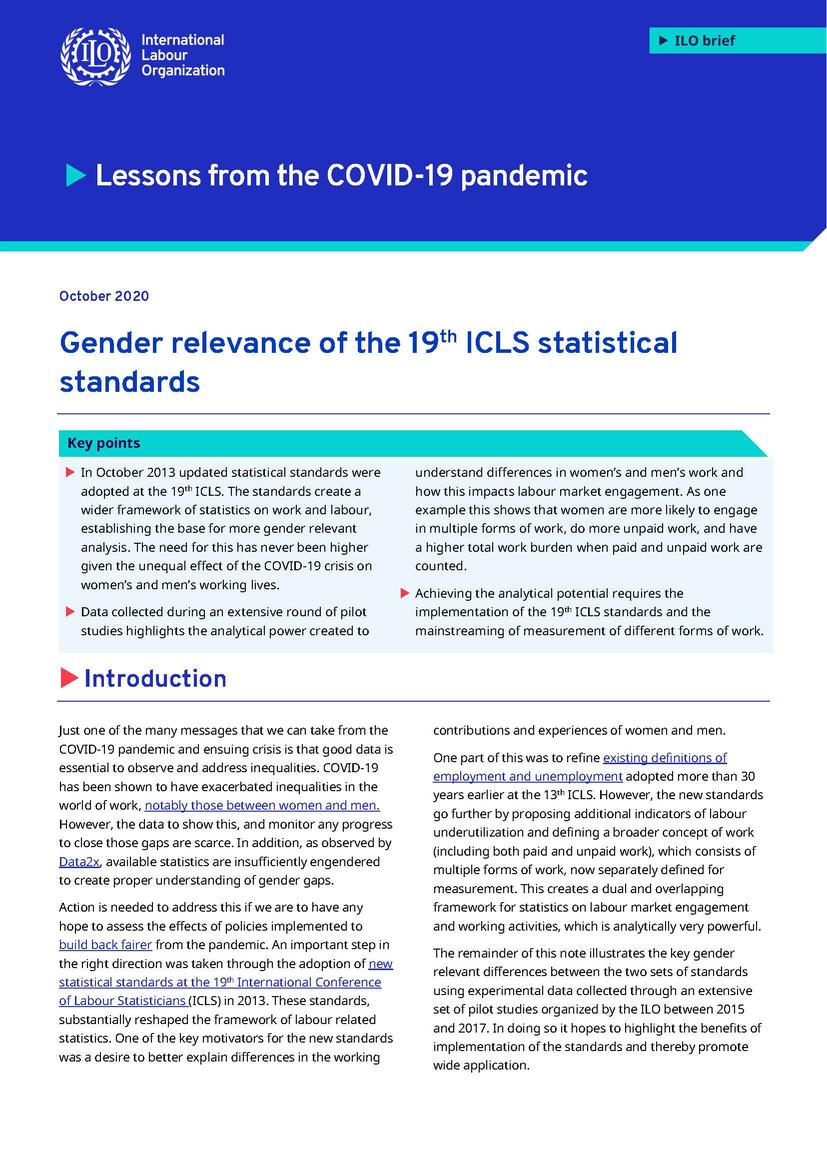Utilities (water, electricity and gas) are essential services that play a vital role in economic and social development. Quality utilities are a prerequisite for effective poverty eradication. Governments are ultimately responsible for ensuring reliable universal access of service under accountable regulatory frameworks. Increased competition in the utilities sectors in recent years has entailed changes in regulatory frameworks and ownership structures of enterprises, in addition to business diversification. These have impacted job security and working conditions in the sector. Adequate staffing levels and training in the use of new technologies are important for ensuring efficiency and safety in the workplace. Social dialogue plays a significant role in developing joint strategies by the social partners to improve utility services, with the common goal of extending access to services to all communities, enhancing efficiency of delivery and reviewing tariffs and other sources of income collection. One of the key issues in the Utilities sector is the need to respect international conventions protecting freedom of association and collective bargaining and to avoid breakdowns in the provision of utilities where possible. The average age of workers in the sector is increasing in a number of countries and there is a severe gender imbalance in some occupations, which presents challenges for human resource planning by employers. Making employment in the sector accessible and attractive to young men and women can be a means to address the recruiting challenges of replacing an ageing workforce. In addition, establishing national or sector specific training programmes, and investing in workers through apprenticeships and lifelong learning mechanisms can be instrumental in meeting the demands of changing skills needs of the industry.
Highlights
Key resources
Publications
International Labour Standards
Resource list


